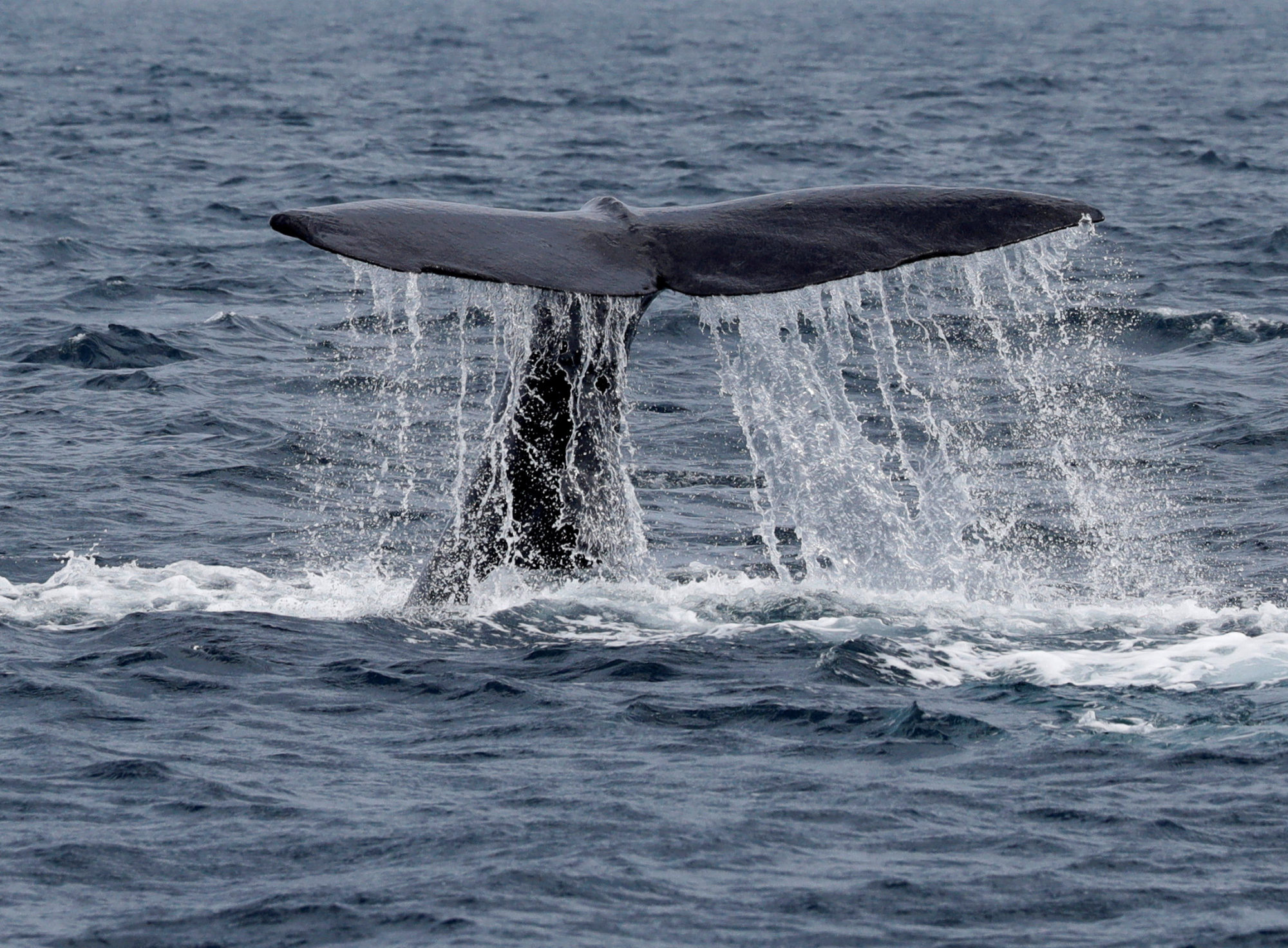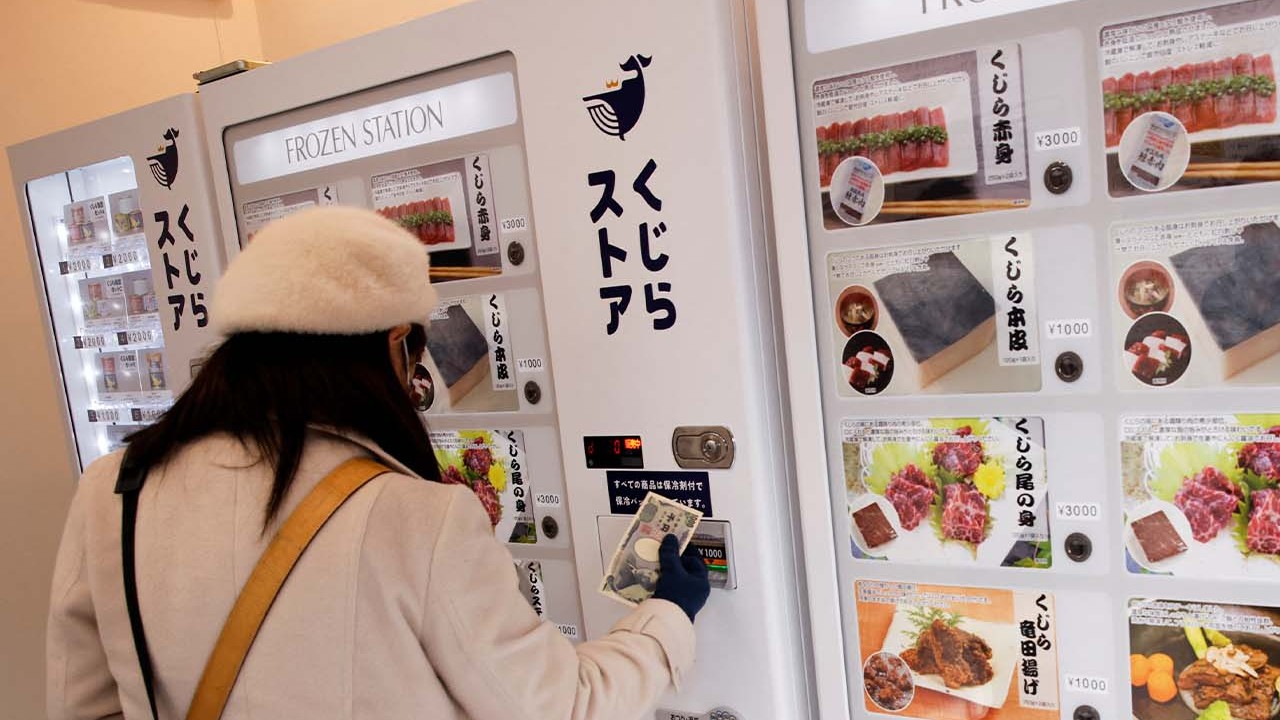The agency reignited debate over Japan’s whaling industry when it announced plans on May 9 to add fin whales – the second-largest animal on Earth – to its commercial hunting list. It is accepting public comments until June 6, with a decision expected in July, but “the process is pro forma, with little doubt about the final decision,” according to Patrick Ramage, senior director of the International Fund for Animal Welfare.

“This is a misguided policy in search of a product in search of a market,” he told This Week in Asia, pointing to the lack of demand for whale meat.
Annual consumption of whale meat peaked in 1962, at around 233,000 tonnes, but has fallen to 3,000 tonnes or less in recent years as the industry has been propped up by heavy government subsidies.
During the decades when Japan was a member of the International Whaling Commission, it exploited a loophole in the regulations to continue hunting the mammals for “scientific research”. But demand was so limited that much of what was caught was served as school lunches in whaling communities, used as pet food, or left in cold storage.
In 2019, Japan’s government paid around 5.1 billion yen in subsidies to the whaling industry, but this support has since been converted to a loan that reportedly amounted to some 340 million yen (US$2.2 million) in 2022.
The government has not explained the rationale for reducing subsidies, but the move likely reflects the economic challenges facing Japan, such as high debt and competing spending demands. It may also signal an attempt to remove official support from an industry in decline that faces international criticism.
Expanding a failing hunt in the face of rapidly shrinking consumer demand makes no sense
“Expanding a failing hunt in the face of rapidly shrinking consumer demand makes no sense,” activist Ramage said. “It’s the unspeakable in pursuit of the unsellable.”
The International Fund for Animal Welfare calls on Japan not to authorise the commercial hunting of fin whales, he added.
Ren Yabuki, founder of animal protection NGO the Life Investigation Agency in Japan, is similarly outraged at the expansion of the hunt.
“Demand for whale meat in Japan has plummeted,” he said. “It is completely incomprehensible why the Japanese government is including new species to slaughter.
“It is clear that whales are irreplaceable to the planet and play a crucial role in carbon sequestration,” he said.
“Considering the current state of the planet … the Japanese government is acting in a way that is against the global consensus and harms the environment that we all live in. The world needs to condemn the act of the Japanese government.”
‘It’s not about food’
Whaling enthusiast Kato, 54, calls the condemnations of foreign governments and ecological groups hypocritical, saying “a lot of Japanese people see that as arrogance because whaling used to be acceptable but is now wrong.”
“For a lot of people, it’s not about food … I do not think that many Japanese even like [eating] whale, but they just do not like being told what to do,” he said.
“If we step back on this issue, then in the future we will be told that we can no longer eat sushi. We cannot give in to outside pressure on what is fundamental to our culture.”
Izumi Tsuji, a sociologist and professor at Tokyo’s Chuo University, says the debate about whale meat is largely split along generational lines in Japan.
While older people may have a certain “nostalgia” for the taste, “young people have no idea about whale meat and not much interest”.
Tsuji, who regularly eats whale meat as an adult, remembers reading about it as a child in Japanese cooking manga series Oishinbo.
“The manga said the anti-whaling campaign came especially from the US and was part of the broader attack on Japanese industrial culture, such as the backlash against Japanese cars becoming popular in the US … We believed it was all part of the same attacks on Japan,” he said.
“So it was no longer a food issue, it was a political issue and Japan did not like the rest of the world telling us what to do.”


